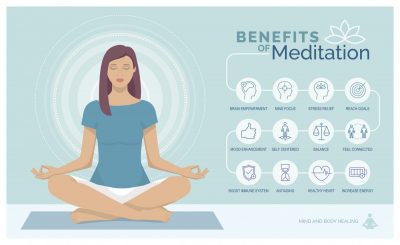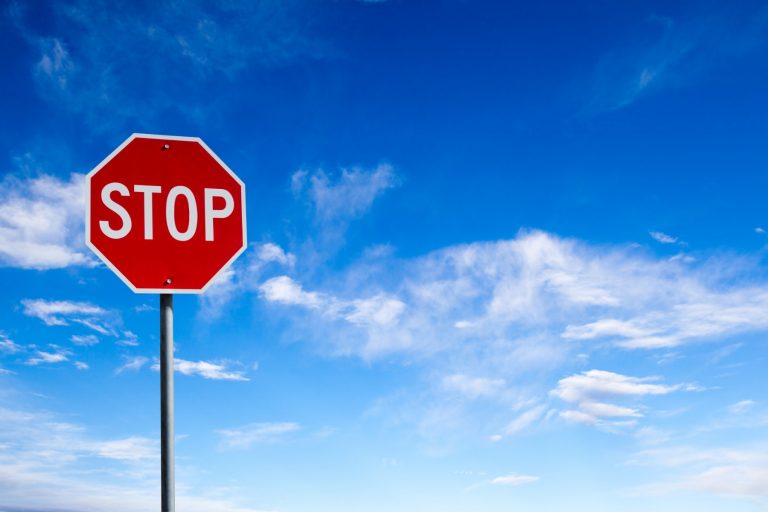As a freelance writer, I have a bad habit of not taking enough time off. Even over Labor Day weekend, I’d planned to work and get ahead of the short week that would follow. But, as the long weekend approached, I decided to change my ways and do nothing instead.
By “nothing,” I mean I spent most of the weekend lounging on the sofa with my two dogs, binge-watching shows that I haven’t had a chance to see and reading the magazines that have been piling up. By Tuesday morning, I felt recharged.
I’m not alone in working too much and not always taking the breaks I need. These days, Americans are working more hours and taking less time off.
“There’s this work ethic that’s instilled in a lot of us, which is if you’re doing nothing, then there must be something wrong with that, like you must be lost,” says Dr. Colleen Long, a clinical psychologist who works in Boston and Los Angeles. “There really is something to the idea that time wasted is not wasted time.”
Long has written about the importance of doing nothing, and she urges Americans to follow the example of other cultures that place more value on down time and idleness. There’s the Italian concept of “dolce far niente,” or “the sweetness of doing nothing,” and the Dutch idea “niksen,” which means “to do nothing or be idle.”
What does it actually mean to do nothing?
There’s no one-size-fits-all approach to doing nothing; it can be something different to everyone, says Gretchen Rubin, author of “The Happiness Project” and host of the podcast “Happier With Gretchen Rubin.” Doing nothing is about making good use of your free time, she says, whether that’s meditating, going for a walk, talking to friends or binge-watching TV shows.
Rubin argues, however, that leisure activities are not necessarily doing nothing — but, they make us happy and shouldn’t be viewed as wasted time.
“The key question is: If you know that you feel happier when you give yourself that downtime, how do you make sure that you get it into your life?” she says. “When [you] feel constant pressure to be more and more productive and more and more scheduled, how do you give yourself that opportunity?”
Long defines doing nothing as being “present in the moment” or a “curious observer of your surroundings.” She compares the idea to watching her children play.
“They have no goal in mind; they have no to-do list,” she says. “A lot of that has to do with this idea of building play into our days and having periods [when] the goal is to not have a goal. The goal is to just do nothing and see where that hour takes you.”
MORE: How much time you should ACTUALLY spend on social media each day

Why we need to do nothing sometimes
Research shows that taking some down time offers mental and physical health benefits, and actually boosts productivity.
“I think, for a lot of people, if we want to keep going, we have to allow ourselves to stop,” Rubin says. “If we get to a point where we’re so depleted and we have had no time to recharge — to relax — it’s very easy to fall into burnout and resentment.”
The overworking-and-not-recharging spiral means people may numb themselves with unhealthy behaviors, like scarfing down a family-sized bag of potato chips or using drugs or alcohol, Rubin says.
Feeling work and family pressure and always being in go mode takes a toll. “We’re sending messages to our brains that tigers are always around the corner,” Long says, which increases stress and anxiety. Giving ourselves time to chill out and cutting back on multitasking enhance focus and productivity.
MORE: How to meditate when you’re terrible at meditating
How to fit more of nothing in your day
So, how can we power down and be more present? Meditation and yoga help, but not everyone enjoys these activities. Long and Rubin suggest several ways to add more of nothing into your day:
Figure out what doing nothing means to you. Rubin believes people are too passive about leisure time and suggests stepping back to consider what truly makes you happy. Will watching “The Office” for the hundredth time actually make you happy, or is it a habit? If browsing antique stores or gardening is truly more enjoyable, do more of those things.
- Recognize that you have the time to do nothing. Rubin suggests that most people actually do have free time throughout the day; they just don’t always use it wisely. “It often gets crowded out because it feels like you should be more productive, but it is productive,” she says.
- Schedule do-nothing time. To find pockets of time to do nothing and give yourself permission to take it, Rubin suggests putting it on the calendar, like any other appointment. “I think we are kind of edging into this thing where, if you want to do nothing, you’ve got to kind of work that out yourself,” she says.
- Change your environment. To stay focused on how you really want to spend your down time, change up your environment. If your phone distracts you from doing things you love, Rubin suggests putting it out of sight.
- Make it easy on yourself. Make doing nothing convenient, so you’ll stay on track. If going for walks every evening is how you want to unwind, put your running shoes by the front door so you can change quickly and go, Rubin says.
- Be mindful about the to-do list. Completely parting ways with the to-do list might be too extreme. Long suggests adding fewer things to the list, maybe four or five that you can accomplish in a reasonable timeframe. “This helps the person feel at ease, ‘OK, my day hasn’t gotten away from me. I can allow myself this time to do nothing, to go offline,’” she says.
- Procrastinate. It might sound counterintuitive, but Long says some procrastination helps “trim the fat” and lets us focus on what really needs to be done. She references a concept from Timothy Ferriss’s “The 4-Hour Workweek” that suggests people tackle only the most important tasks when they wait until the last minute. Starting early means we just fill the time with meaningless activity.
No matter how you interpret the idea of doing nothing, Long urges you to enjoy the moment and truly be present for yourself.
Drawing is a great way to zone out and actively meditating. Learn how to draw better with easy tips in the video below!









